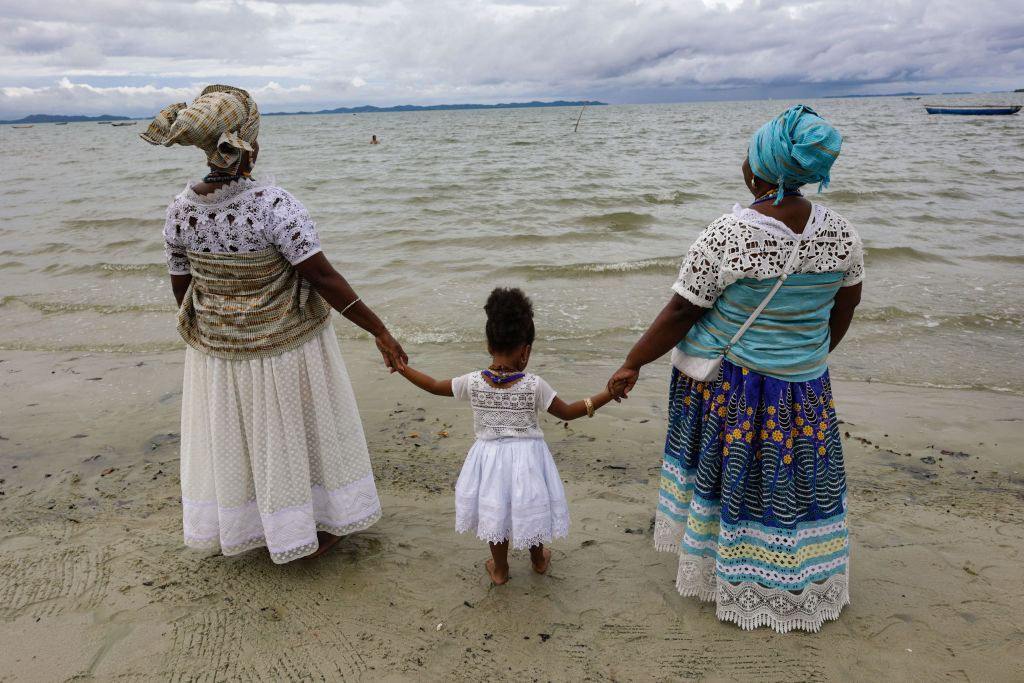Brazil, the country with the largest Black population outside of Africa, has entered a new stage in its slow process of addressing the legacy of slavery and racism in the country. But as the debate over reparations begins in Brazil, the country’s Black and mixed-race citizens still wrestle with fundamental issues of race and identity.
Major Brazilian financial institution ‘asks Black people for forgiveness’
Inspired by reparations efforts in the United States, Brazil has recently made moves toward providing acknowledgement, apologies and perhaps even compensation for its extensive history of slavery and anti-Black racism. In December, experts recommended to a committee of the Brazilian Senate that the government should provide compensation for slavery. The most prominent result of this process so far has been a governmental investigation launched against the Bank of Brazil, the nation’s second-largest bank, for its historical ties to slavery. The probe into the bank has led to the institution apologizing for its role in the slave trade.
According to The Associated Press, “Today’s Bank of Brazil asks Black people for forgiveness,” a representative of the bank said at a recent public forum about the impact of slavery in the country, adding that “directly or indirectly, all of Brazilian society should apologize to Black people for that sad moment in our history.” The bank has not pledged to provide financial compensation to address its role in the slave trade, as some activists have requested.
Affirmative action and calls for reparations
Brazil, a country that has long downplayed the prevalence of racism in its society, has, in recent years, stepped up efforts to discuss the legacy of slavery and to create policies to address its lingering impact. In 2012, the country implemented a affirmative action program in public universities, setting aside a certain number of spots at these schools for Black students. Meanwhile, a Brazilian nonprofit launched a 2022 lawsuit against the country’s federal government, seeking an apology for slavery as well as governmental funds to be devoted to anti-racism measures. And while right-wing politicians, including previous Brazilian President Jair Bolsonaro, have questioned the need to fight racism, efforts have stepped up since left-wing President Luiz Inácio Lula da Silva took office in January 2023.
Facing Brazil’s racist past and present
Despite these efforts at addressing ongoing racism in Brazil, the country still wrestles with a long history of both Black oppression and denial over its racist practices. Brazil was the largest importer of enslaved Africans in the Western Hemisphere, with 5 million people being forcibly imported into the country. It was also the last country in the Americas to abolish slavery, doing so in 1888 — over 20 years after the Civil War brought an end to slavery in the United States. Today, over half of all Brazilians identity as Black or multiracial. However, despite long-standing racial disparities in income, political representation, education and more, Brazil has long held onto the myth that it has established a “racial democracy” in which people of all races are regarded as equal.
In recent years, however, this myth has given way to a recognition of the reality that keeps many Black Brazilians away from opportunities enjoyed by others in the country. And now that major forces in Brazil are acknowledging and even apologizing for slavery and racism, compensation has become a new possibility. The debate over Brazilian reparations appears just to be getting started.

